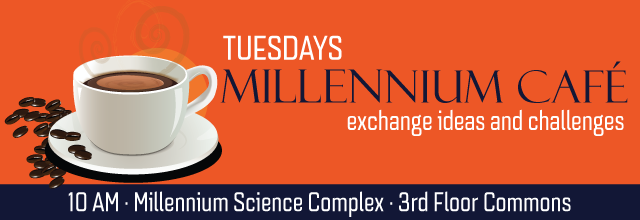Agricultural sensors are becoming essential tools for monitoring soil moisture, nutrient levels, and crop health. As the global market for these technologies expands, there is a growing interest in developing ways for plants to communicate their needs directly. Beyond measuring environmental conditions, future sensor systems could detect early signs of drought stress, nutrient deficiencies, pest infestations, and disease outbreaks before symptoms become visible. However, significant challenges remain in developing sensors and interpreting plant signals. Primarily, due to their very nature, sensors are either temporarily or spatially removed from the environment in which the plants exist, due to the time required to read the results or the micro-environment the sensor creates in its static position, compared to the changing plants. Our team is seeking collaboration on sensor technology and the use of AI for signal processing and interpretation.
Shiran Ben-Zeev
Postdoctoral Fellow | Guojie Wang Laboratory

